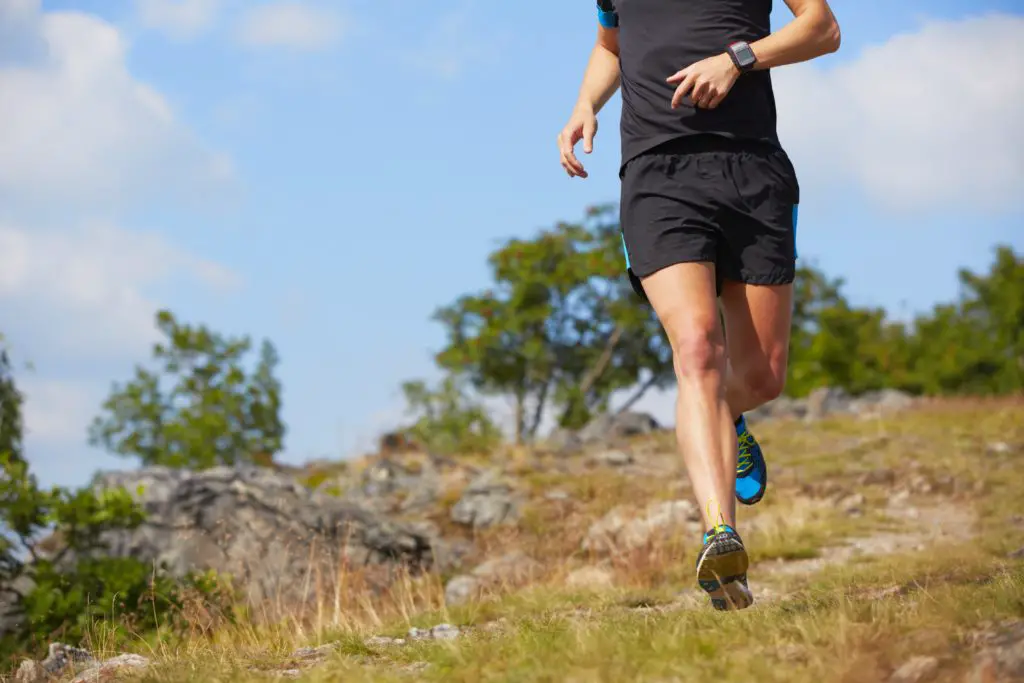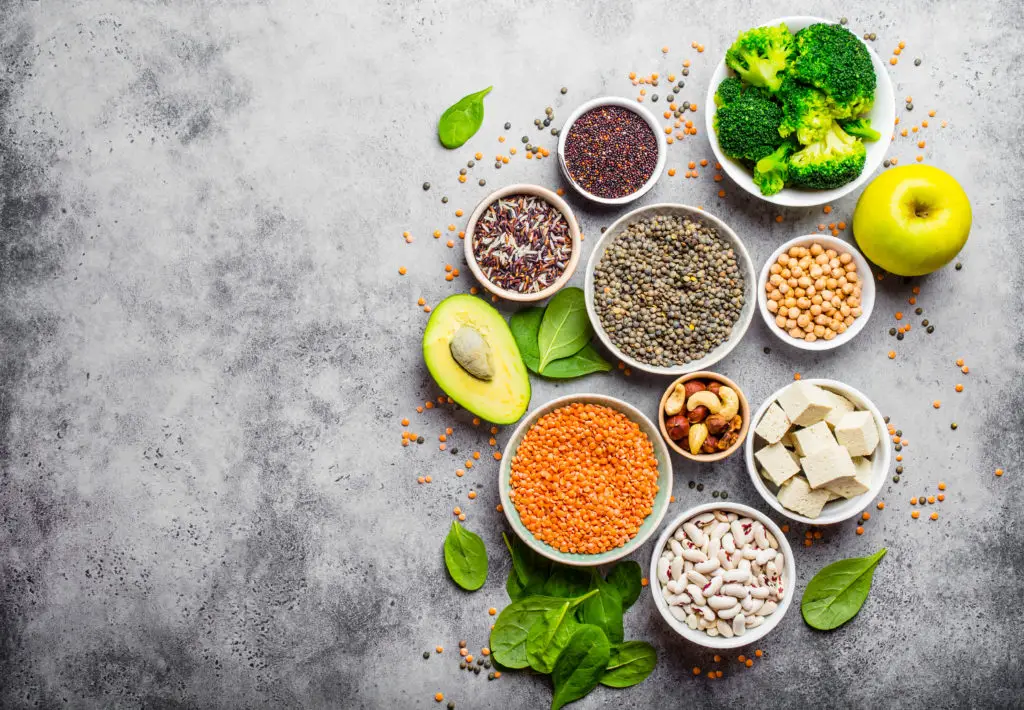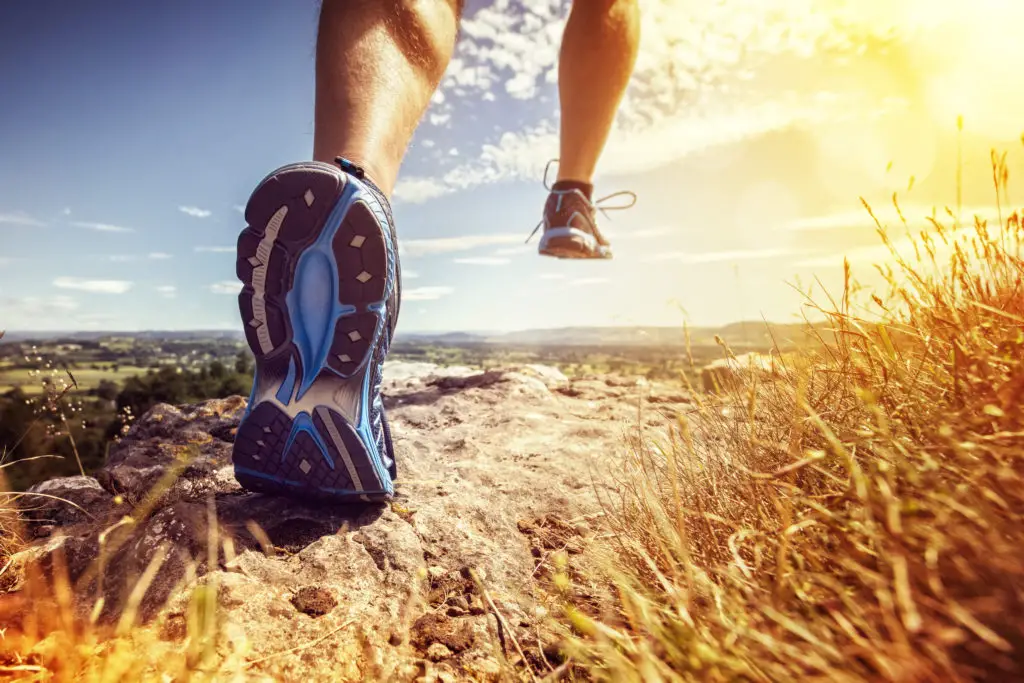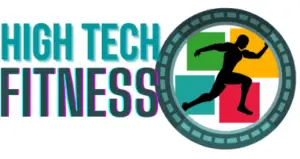
It’s a question as old as human existence. Do you eat before or after you exercise? Do you need to carbo-load before you hit the treadmill? Should the protein shake come before or after your speed drills? When’s the best time for caffeine? If you are a morning runner, you’ve likely wondered, should I run on an empty stomach?
Do what feels good to you. Running on an empty stomach should present no problems in the long run. Running on an empty stomach can help you avoid gastrointestinal discomfort caused by bloating, digestive issues, and the sloshing around of your breakfast.
There aren’t really any definitive advantages to running pre-breakfast. It mostly comes down to personal preference. If you were worried about doing your morning miles without any food in your system, worry no more. For some more interesting tidbits on breakfast-less running, keep reading.
Page Contents
Is Running Without Eating Safe?

We can’t speak for everyone, but for the most part, you are safe. Remember always to take things easy when you are trying a new exercise method, and don’t be afraid to take a break if you feel sick.
And with that, we can explain the significant differences between running without eating and running after you’ve fueled up. When you eat before you exercise, your body has fuel available to utilize, and it goes for the carbohydrates first. This is why a high-carb snack can be beneficial before a long run or a hard workout. Fuel is already there on the deck, ready to be burned.
When you run without fueling up, there is nothing for your body to burn. Our bodies aren’t good at storing carbs for later. What our brilliant bodies are good at holding onto, however, is fat. When you exercise without available carbohydrates in your system, your body will go for the stored fat to use as fuel.
Still in school? You might like this guide on college care package ideas.
Do You Lose Fat Faster When You Run Without Eating?

While your body does tap into your fat reserves to use as fuel when you run without eating, high-intensity exercise sessions expend more energy and burn more calories. Since high-intensity exercise requires a faster, more reliable fuel reserve, this is best done with some sort of meal in your system.
It comes down to your caloric balance. If you are burning more calories than you are taking in, you lose weight. No matter how you do it. So, even though empty-stomach workouts burn more fat, you won’t necessarily lose weight faster than a carb-fueled, strenuous workout.
Can You Get Sick Running on An Empty Stomach?

Remember, do what feels good to you. If you run every morning on an empty stomach and you feel right as rain, you’ve got no problems. You might, one day, see some issues if you begin to run longer distances or at faster times, but that’s an easy fix. For more intense runs, fuel up with a snack beforehand.
Some people report lower energy, upset stomach, heartburn, and a heavy fatigue feeling when they run on an empty tank. These can be signs that you are getting used to a new routine of running. Say you just switched from running at night to running in the morning:
- Your body isn’t used to exercise first thing in the morning. It’d rather be warm and curled up under your sheets.
- Even if you ran at night without a snack beforehand, your body was used to a day’s-worth of stored fuel. Your body has slowly whittled that fuel supply down while you slept, and now your tank is on E.
There is also an issue some people have with heartburn. Running with nothing but stomach acid in the chamber causes a lot of sloshing. This can irritate your stomach or even the lower esophagus, resulting in nausea and heartburn.
This can be rectified by taking an anti-acid before a vigorous run or having a small snack about 30 minutes before your workout.
It all comes down to experimentation. Since everyone’s bodies react differently to these situations, you’ll likely need to try a couple of methods and routines and see what works best for you. So, if you’ve tried running on empty and feel off, give it a few days. If things don’t turn around, try a small meal before running.
What Is Best To Eat Before A Run?

Some of us need some food in our bellies before we can run. Especially if we are running for longer times and distances, the body might just be happier with some easy access fuel. But we certainly don’t want a huge, hardy breakfast sloshing around in us as we hoof it down the trail. That is a recipe for disaster.
The best snacks to eat before a run are nutritionally-dense and high in carbs. Food that doesn’t take up too much space and that our bodies won’t have too much trouble digesting. Here are some of our favorite pre-workout snacks:
- Fig Bars: A couple of these dense cookies give some high-quality fuel. The fruit filling gives your body a dose of efficiently-utilized sugar, while whole grains provide an excellent backup carbs source. Eat a couple of these within the hour before your run.
- Almonds and Cheese: A serving of toasted or raw almonds gives a surprising amount of high-quality fat, protein carbohydrates. Pair that with a cheddar or mozzarella cheese stick for a super quick, delicious paring perfect for running.
- Fruit and Peanut Butter: An apple, peach, pear, or a small orange and a spoonful of peanut butter. Sign us up! Carbohydrates, fruit sugars, and a good dose of fat and protein. Easy, cheap, and tasty.
- Yogurt and Honey: A serving of full-fat Greek yogurt with a drizzle of local honey. Try it with a pinch of cinnamon and a few crushed walnuts. You can thank us later. Not only do you get good fats, protein, and sugars, but local honey may help with stubborn seasonal allergies. Told you you’d thank us.
- Cottage Cheese and Pineapple: Don’t knock it till you’ve tried it. Sweet, sour, creamy, and loaded with protein. This is a great energy booster for those days when you’re dreading the run long before leaving the house. So good you’ll eat it for a late-night snack.
You should be picking up on a pattern here. For a pre-run snack, you want something that isn’t too big, definitely not filling, and has protein, fat, and carbs. It’s balanced so that you get your fuel source for pushing through a hard run and enough caloric energy to keep your metabolism primed for long after your run.
So, if you’re feeling peckish during your morning runs, open the fridge and the pantry and make yourself a little pre-workout snack. Keep it small and balanced, and you might find yourself able to push yourself further than on an empty stomach. Listen to your body.
Recap

Today we’ve learned that there are no huge issues with running on an empty stomach. If you keep your workouts no longer than an hour in length, you shouldn’t run into any problems. Though there are no significant disadvantages to running on an empty stomach, there aren’t really huge advantages.
If you feel that your body needs some fuel for your daily exercise, so be it. Listen to your gut, no pun intended, and give it the fuel it desires. Remember, do what makes you feel good, and don’t punish yourself. Try a bit of experimentation and find what workout routine works best for your schedule, body, and mind.
Sources: runnersworld.com, runtastic.com

